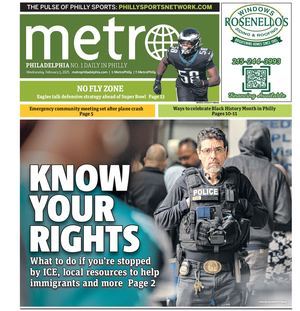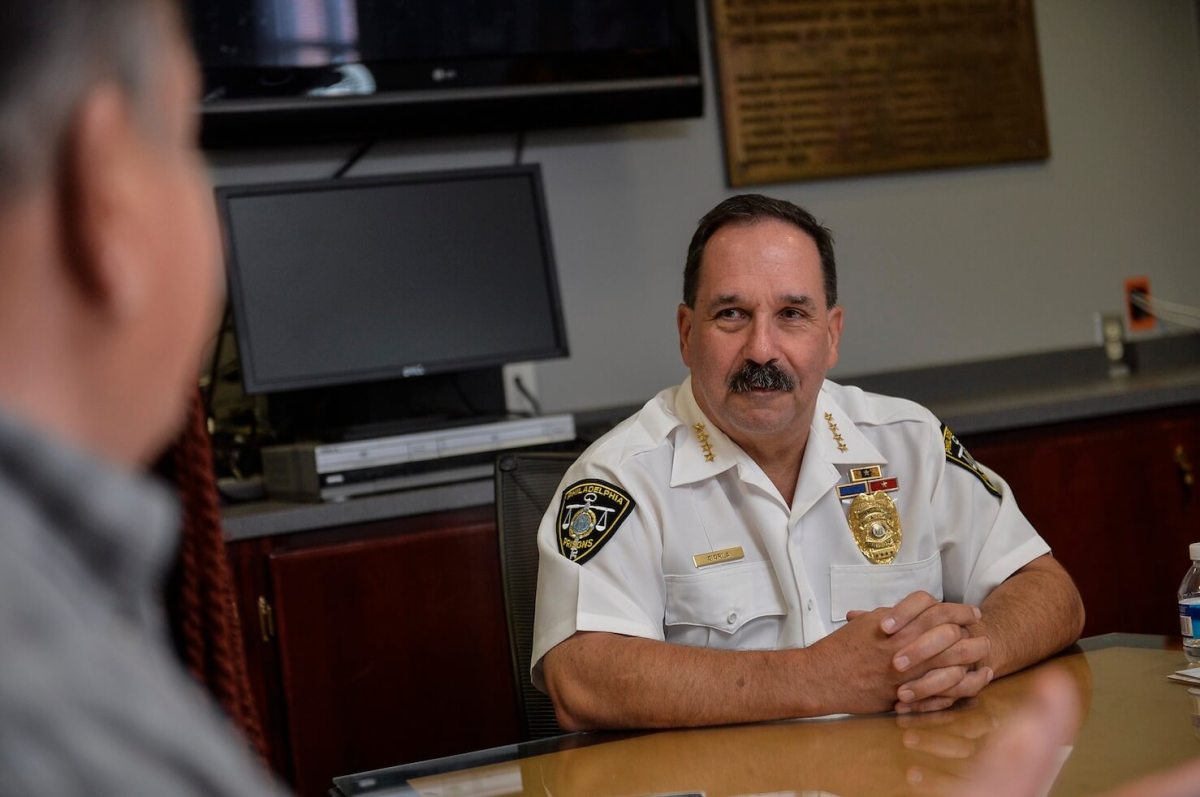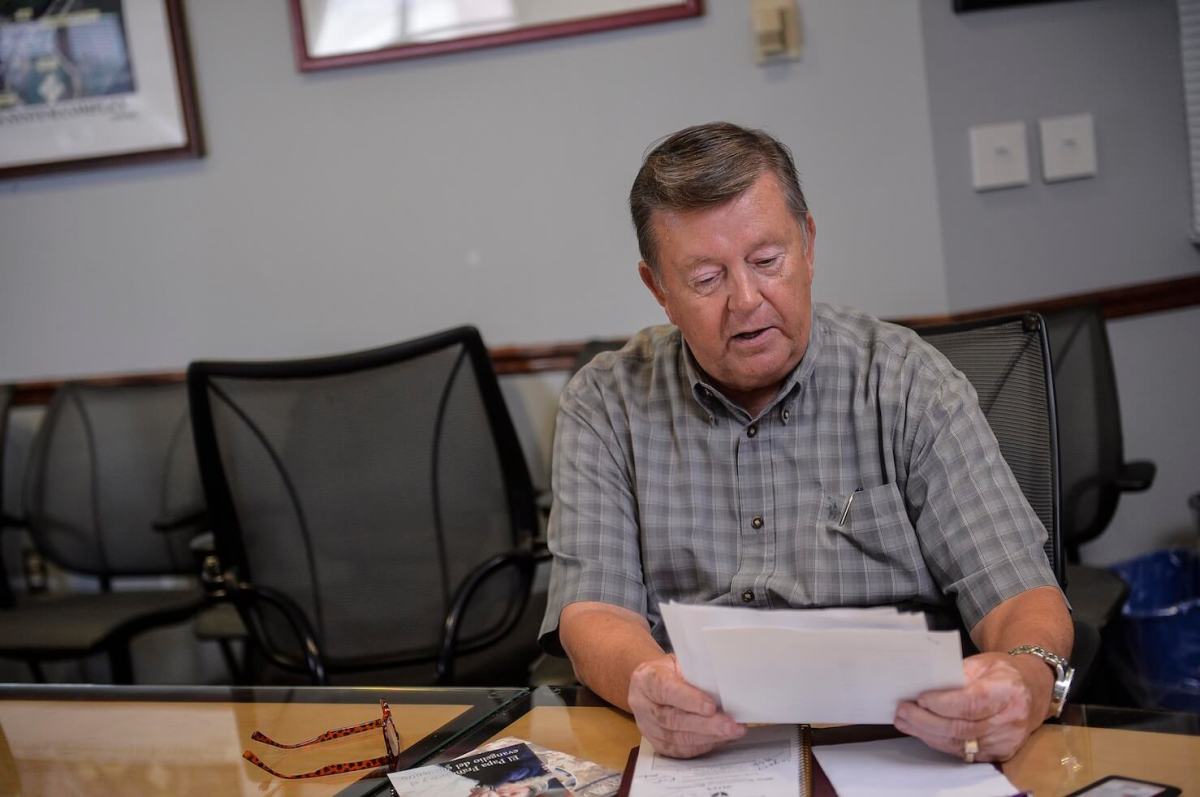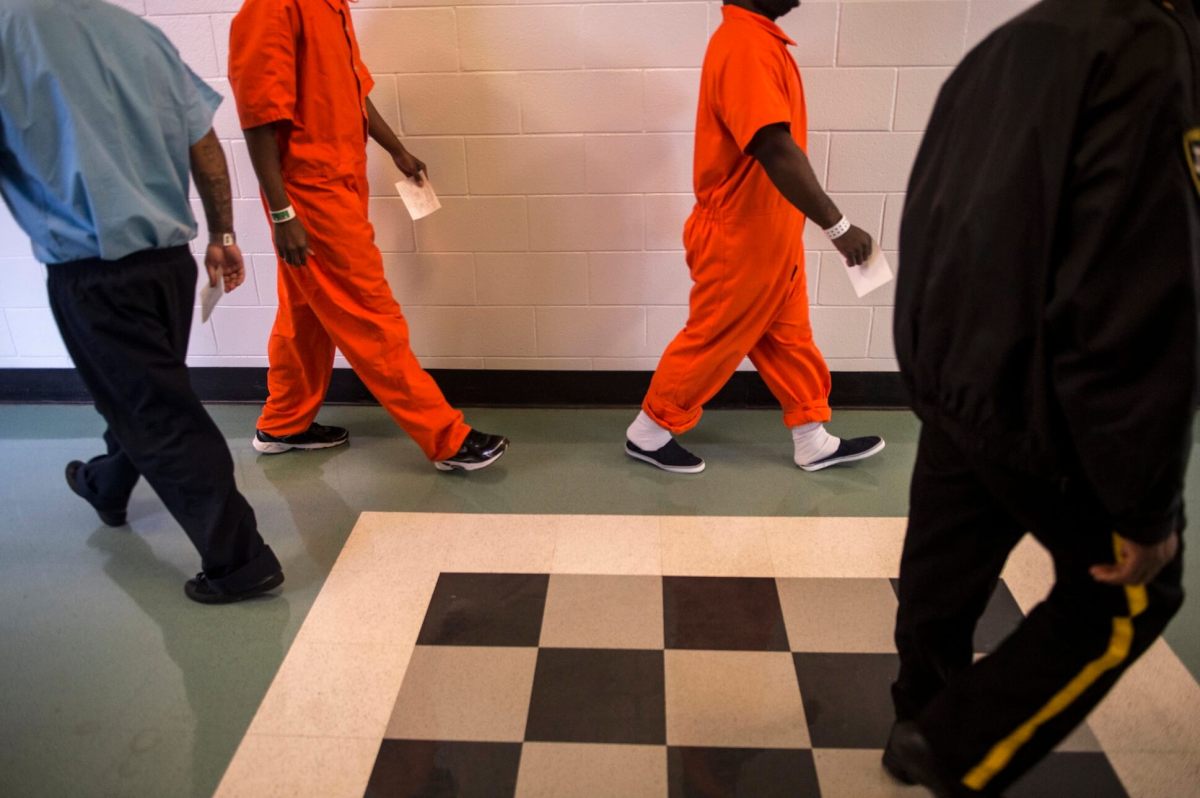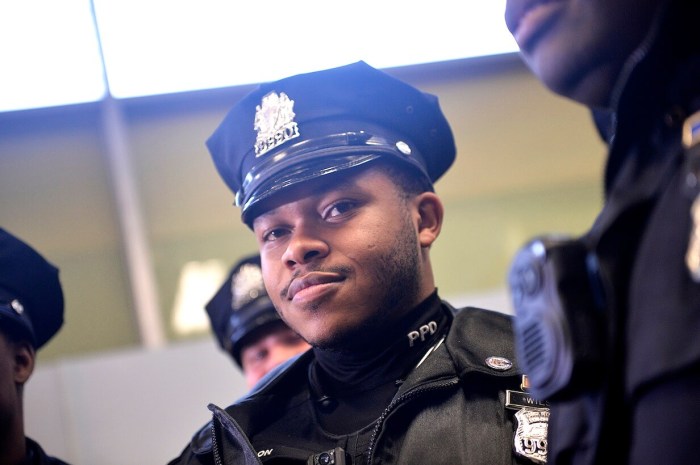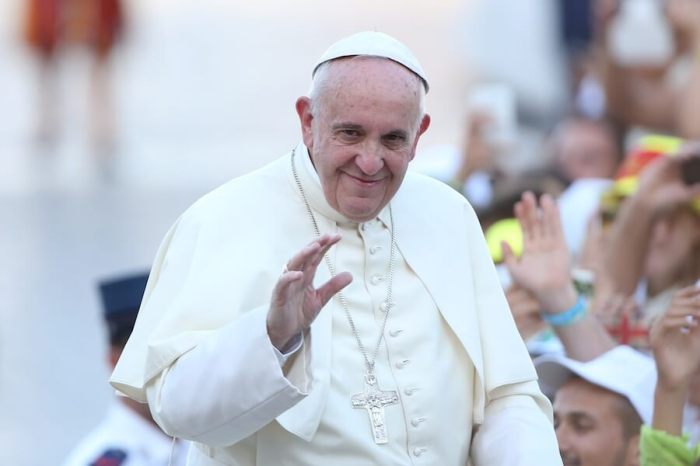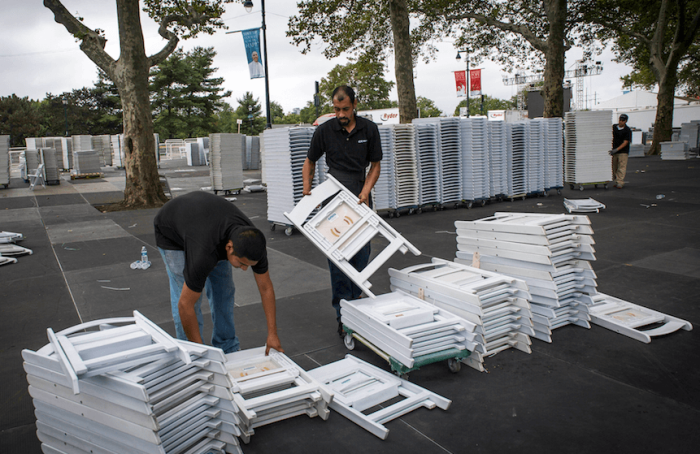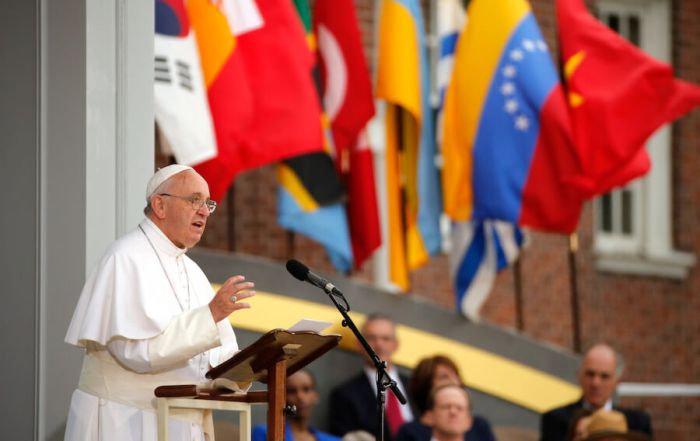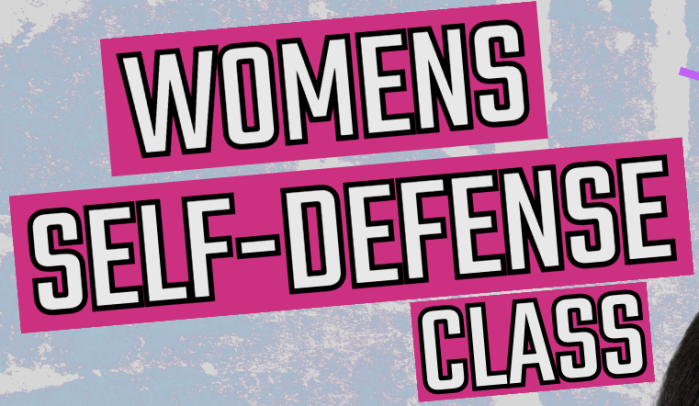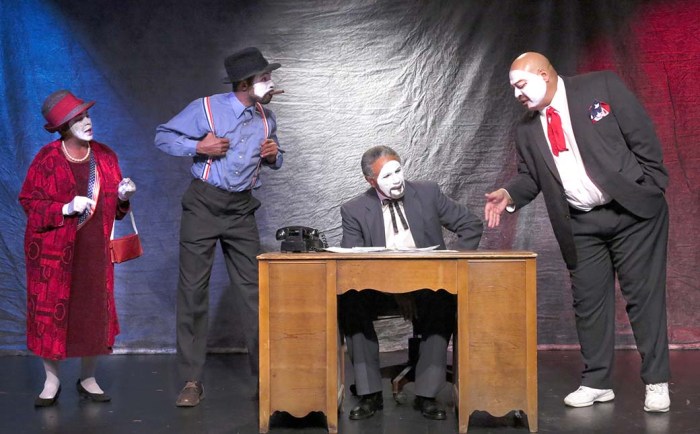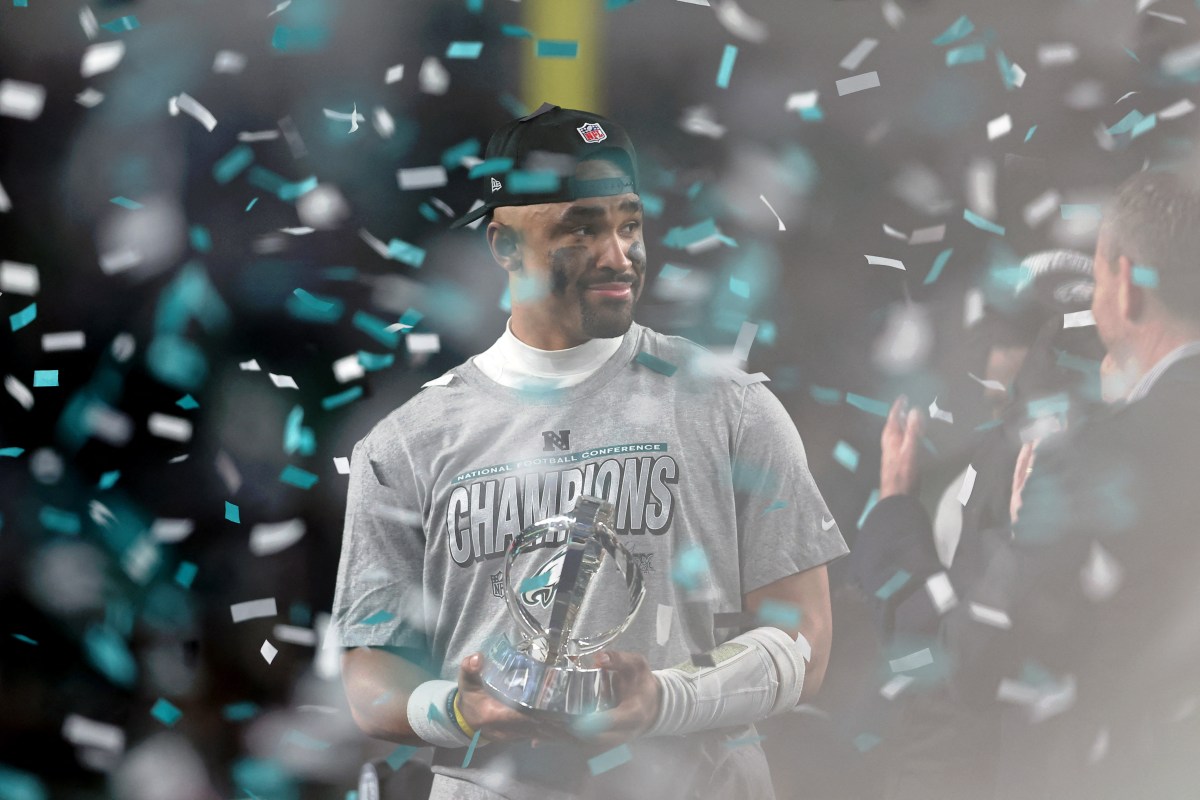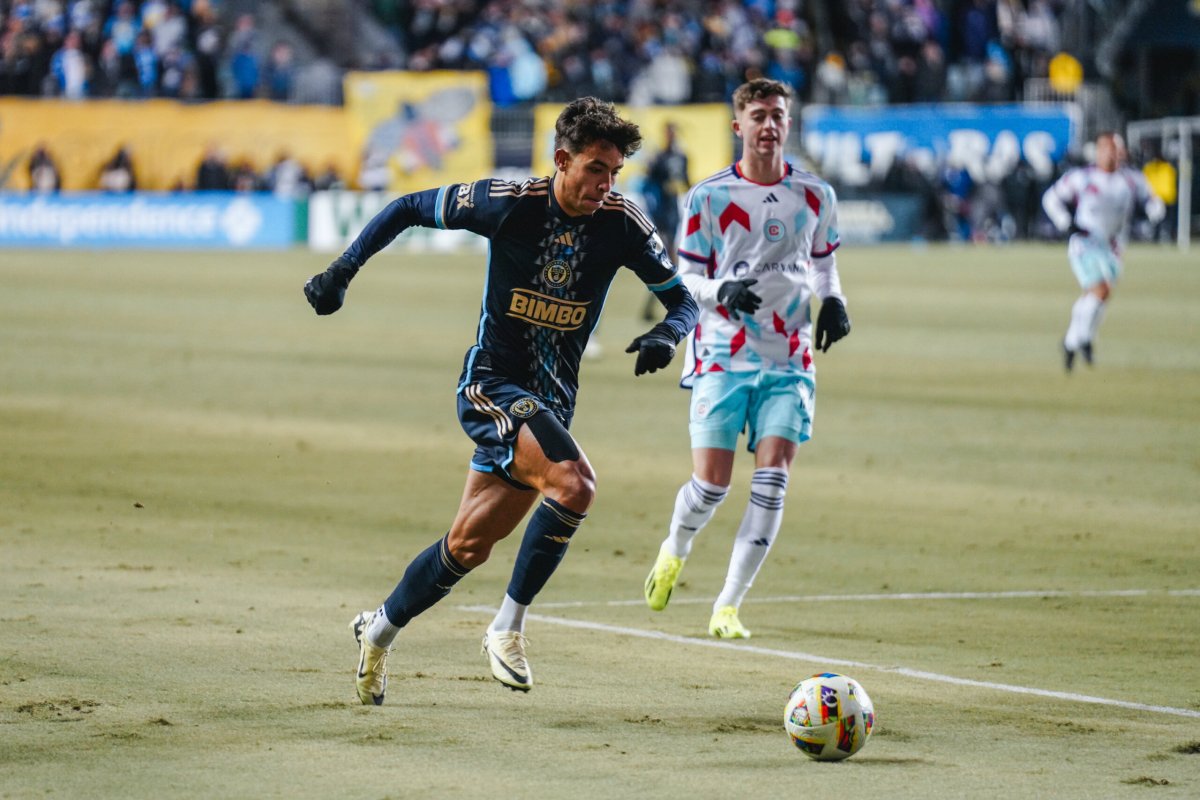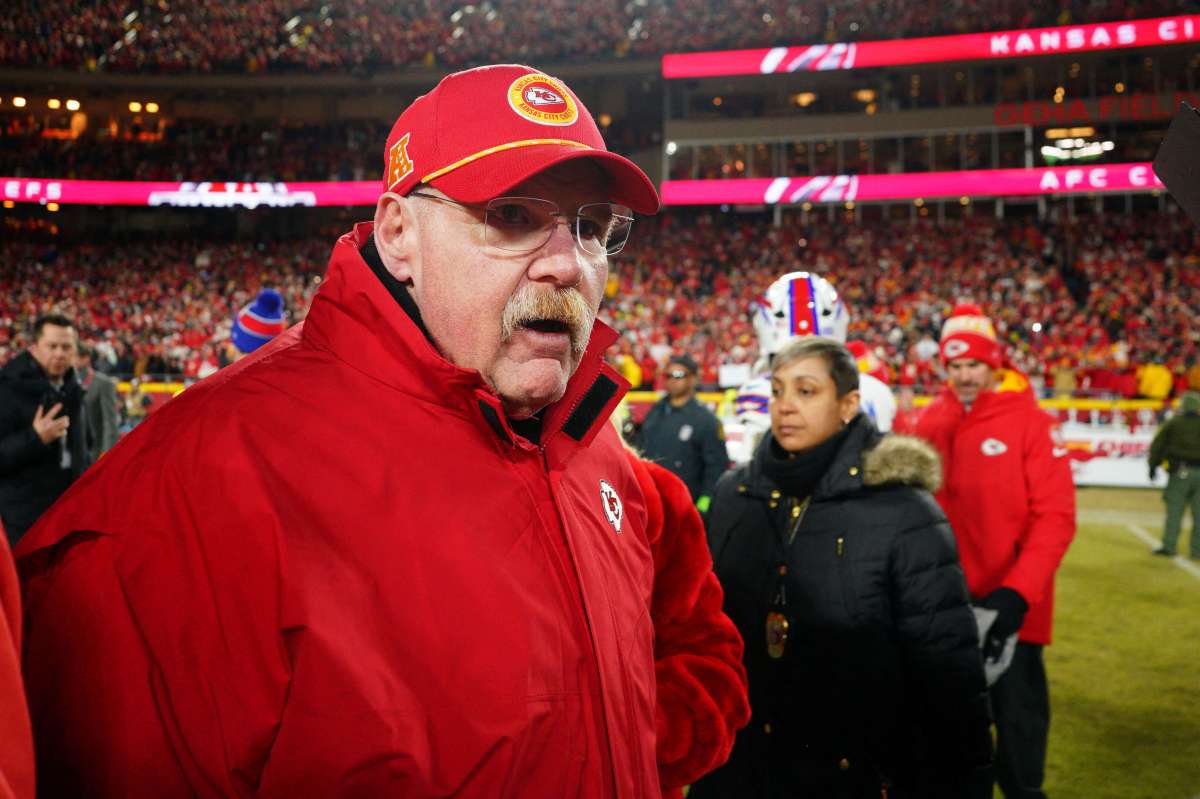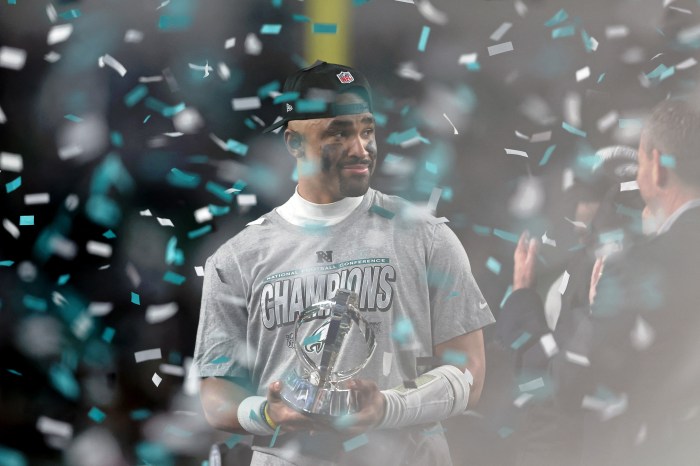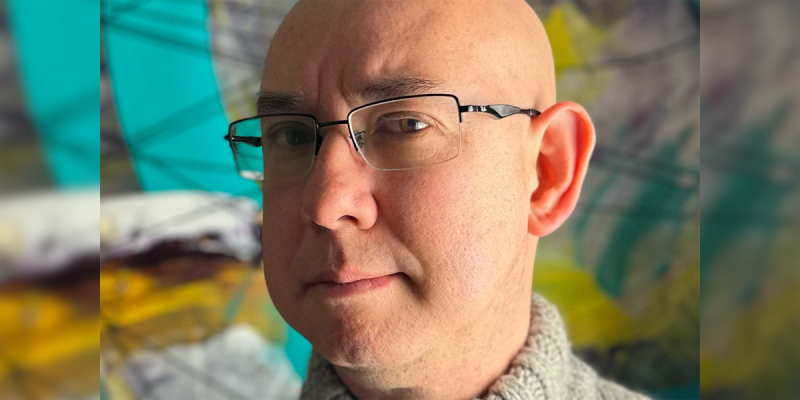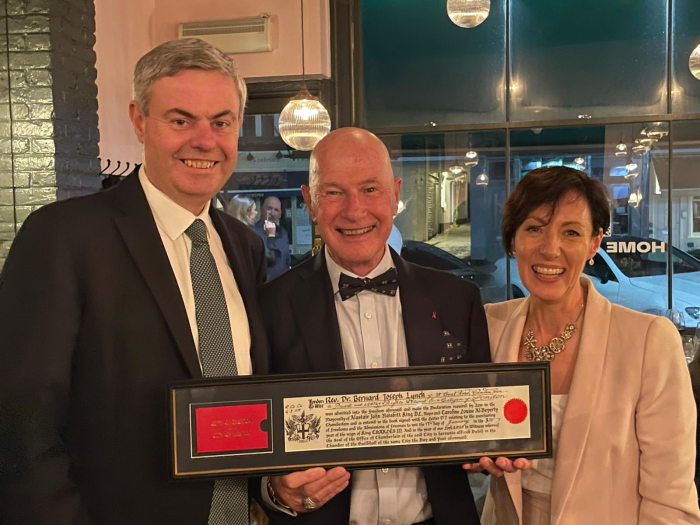At Curran-Fromhold Correctional Facility, Deacon Ed Dymek is all smiles.
The topic is Pope Francis’ upcoming visit to the facility, and he’s rhapsodizing on how wonderful it was to see the pontiff visit a detention center during his first Holy Week as pope.
Related: Want to see the Pope at Independence Mall? Here’s how to get tickets “That really lifted everyone out of their chair, and [made them say], ‘Wow, this is really unbelievable,” said Dymek, one of the two Catholic chaplains on duty.
Philadelphia Prisons Commissioner Louis Giorla, who is Catholic, agreed: “It set the stage for his papacy.”
Pope Francis has made headlines worldwide for embracing inmates in Bolivia and for washing and kissing the feet of prisoners in Rome.
Related: SEPTA expands service for papal visit In Philly, he’ll pray with 100 prisoners, 80 men from Curran-Fromhold and 20 women from neighboring Riverside Correctional Facility.
The event will also welcome selected relatives of the inmates, staff, city officials and dignitaries, which would round attendance out to a few hundred, says Giorla.
Dymek considers previous masses with Archbishop Charles Caput as successful test-runs. “We’re ready,” he affirmed.
Related: The Pope, grandson of immigrants, urges Catholics to take in refugees
The commissioner notes that the request for the visit came straight from the Vatican. When asked what he thought about the Pope’s outspokenness on prison rights, Giorla, who is Catholic, replies, “One of the problems that we [in corrections] run into particularly is once the individual is incarcerated, no matter what the offense, it follows them forever,” he said. “It affects their employment; it affects their housing; it affects their standing in the community… In a lot of cases, the debt’s never really paid in people’s minds.” The commissioner hopes that meeting a world leader will make inmates feel a part of society.
Dymek sees the pontiff’s prison advocacy as something that’s made him “the People’s Pope.”
Father James Bretzke, a priest and professor of moral theology at Boston College, says the trip to Curran-Fromhold is steeped in lessons that the Pope has been teaching — that the Church has an obligation to reach the most marginalized. “If you go back five, 10 years, and you look at what were the causes and concerns that American bishops most seemed to bring up,” says Bretzke, “the triumvirate of key issues were same-sex marriage, abortion and contraception … Now you get much more street cred, if you will, if you’re taking a position for concern for the poor, a living wage, issues connected with prisons and immigration.” Observers have written that the Pope’s feather-ruffling stances are modernizing the church’s image. The Pope Francis effect is also changing what’s in vogue to advocate for, Bretzke explains. With the pope’s visit to Curran-Fromhold, we can expect more discussions on prison reform, inside faith communities and outside of them. Curran-Fromhold currently has 2,800 inmates; Riverside has 700. Roughly 13 percent of the Philadelphia Prison System’s population identifies as Catholic.
That Pope Francis is the first Latino pontiff provides an added layer of excitement. Many of Curran-Fromhold’s practicing Catholics are Latino, explained Dymek. (The Philadelphia Prison System is 12 percent Latino overall.) The pope, who is Argentine, is expected is speak primarily in Spanish, with an English interpreter.
The selection process for who will get to see the pope is already underway.
The deciding factors will be interest, correctional officer recommendations, and disciplinary records, among other things. Dymek, still beaming, flips through lists of potential attendees. Interest isn’t something they have to worry about.
